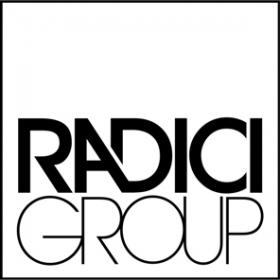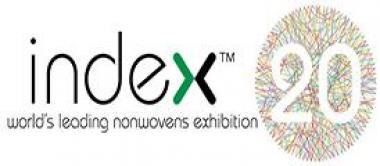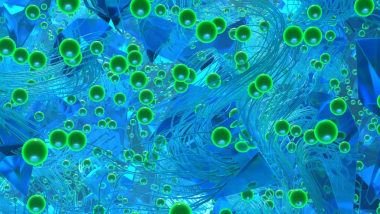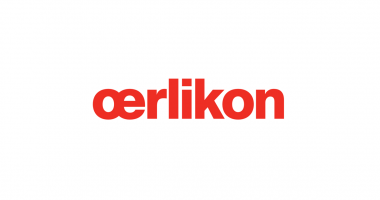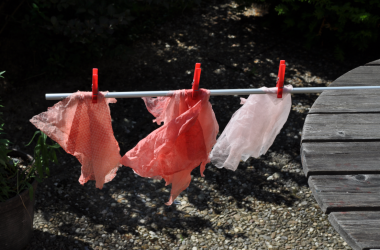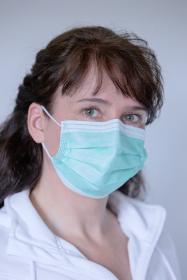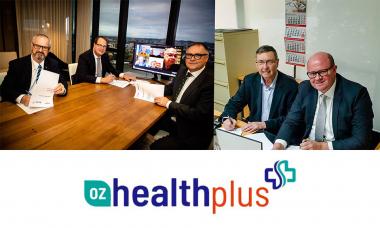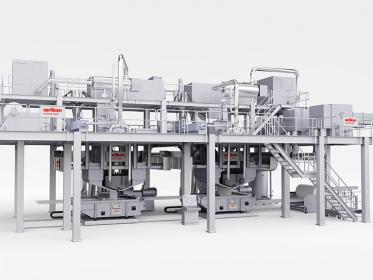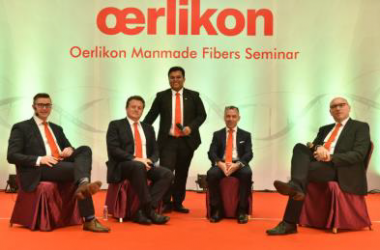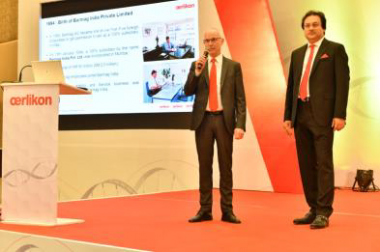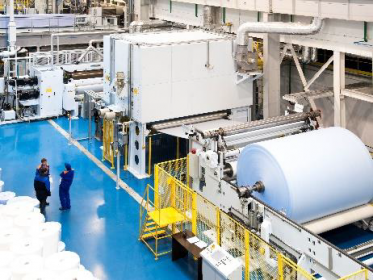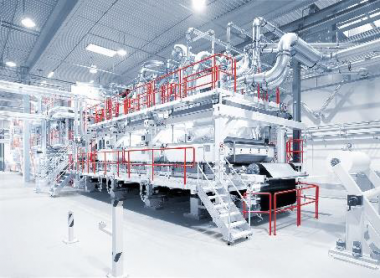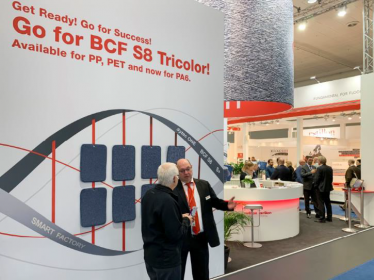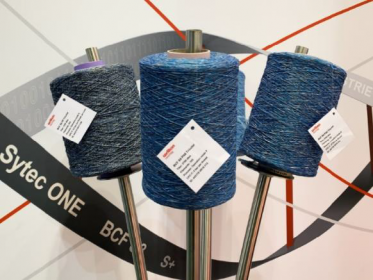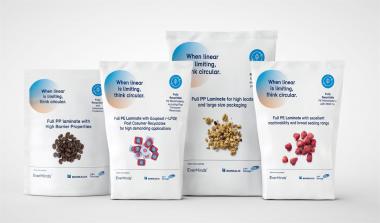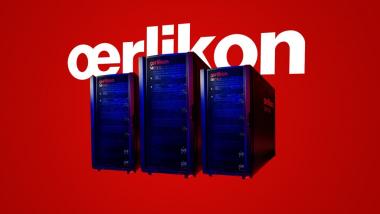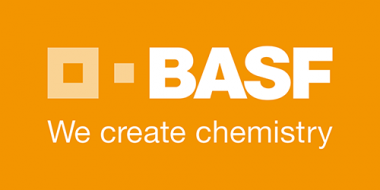RadiciGroup at INDEX with new nonwovens
RadiciGroup's nonwoven innovations are on display at the INDEX trade fair, to be held from 19 to 22 October 2021 in Geneva, Switzerland. Active in the spunbond production business for more than 30 years with the dylar® product line, the Group is introducing Respunsible®, a reduced environmental impact spunbond made from recycled polypropylene, and radimelt™, the brand name for the Group’s line of meltblown nonwovens and composite materials (e.g., SMS).
Respunsible® is a spunbond made from recycled polypropylene, a material appreciated for its chemical properties and its versatility. Its high technical performance makes it suitable for any application, even the most demanding ones in terms of resistance and duration.
Radimelt™ is the brand name identifying the Group’s meltblown nonwovens, materials used for the manufacture of protective face masks and other personal protective equipment (PPE). This nonwoven fabric has excellent filtration performance even for microscopic particles, such as viruses, and ensures breathability and protection.
RadiciGroup INDEX nonwovens spunbond technology face masks personal protective equipment
RadiciGroup


